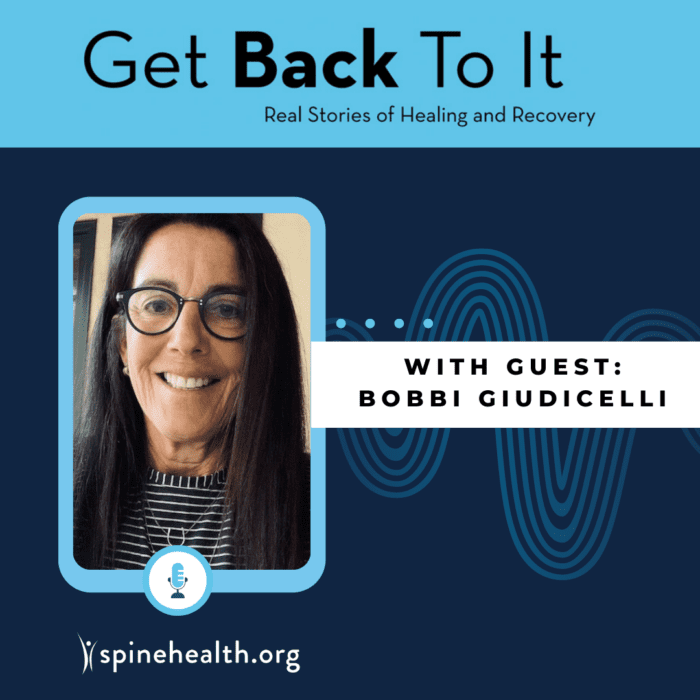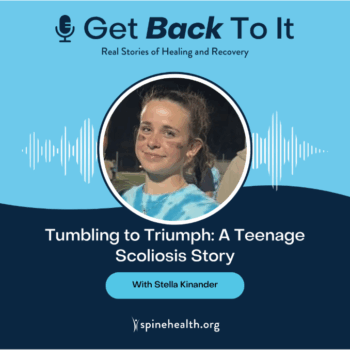In this episode, we are joined by Bobbi Giudicelli who has an incredible story to share. For her whole life, she suffered from back pain and thought it was normal. It wasn’t until she started playing tennis in her early 30s that the pain increased and became debilitating. She consulted with a spine specialist and was diagnosed with spondylolisthesis. Over the next 12 years, she had to undergo surgery three times as the condition progressed up her lumbar spine.
In addition to the surgeries, Bobbi also made a significant change to her diet. She transitioned to a whole food plant-based and gluten-free diet. She found that the cleaner her diet, the easier her recovery was for each of her surgeries. Now, at 67 years old, she feels better and has more energy than she did in her 40s. She regularly rides horses and plays pickleball for several hours, three to four days a week.
Join us as we explore Bobbi’s journey, her experience with spondylolisthesis, and how her diet has played a significant role in her recovery and overall well-being.
Bobbi Giudicelli is the author of: “Freedom From a Toxic Relationship With Food: A Journey That Will Give You Your Life Back” and founder of “Read The Ingredients Superloafs” which are available at www.rtifoods.com and on Amazon.



